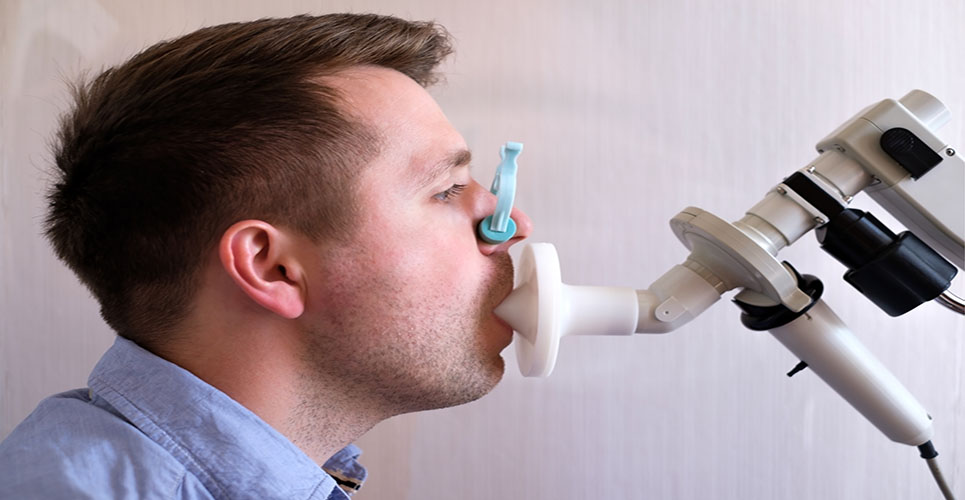teaser
The therapeutic outcome of irinotecan administration may be affected negatively by smoking, researchers have found.
They note that several constituents of cigarette smoke are known to interact with drug-metabolising enzymes, for example polycyclic aromatic hydrocarbons induce CYP 1A1 and CYP1A2. Furthermore other constituents, such as nicotine and carbon monoxide, may also be involved in the modulation, expression and function of enzymes and drug transporters involved in drug elimination.
The researchers therefore sought to determine whether cigarette smoking has any effects on the pharmacokinetics and adverse effects of irinotecan, which is known to be a substrate for several cytochrome P450 and uridine diphosphate glucuronosyltransferase (UGT) 1A isozymes and drug transporters.
The analysis considered 190 patients who had received irinotecan as part of one of nine clinical trials that had involved pharmacokinetic analyses. Of these, 49 were smokers and 141 nonsmokers, and all received treatment with irinotecan on a three-week schedule. Complete toxicity data were available in a subset of 134 patients receiving 350mg/m2 or 600mg flat fixed dose irinotecan.
Main results were as follows:
• In smokers, the dose-normalised area under the plasma concentration-time curve of irinotecan was significantly lower compared with non-smokers.
• Smokers showed about an 18% faster clearance of irinotecan than nonsmokers (median, 34.8 vs 29.5l/h; p=0.001).
• The systemic exposure to the active metabolite SN-38 was almost 40% lower in smokers (p=0.001).
• No dose-effect relationship could be established between the pharmacokinetic parameters and the number of cigarettes smoked.
• In the subgroup of patients treated with the registered dose of irinotecan (350mg/m2 or a 600mg flat fixed dose), smokers (n=35) experienced significantly less haematological toxicity than nonsmokers (n= 99).
The authors comment: “Although results presented in this article indicate that therapeutic outcome of irinotecan might be affected negatively by smoking, whether smokers should quit smoking or should receive a higher dose (if smoking cessation is not an option) to achieve equal outcome to irinotecan treatment as nonsmokers remains to be investigated.”
J Clin Oncol, published early online 11/6/2007

